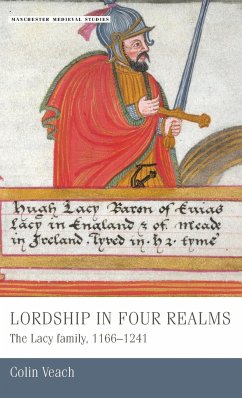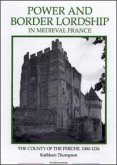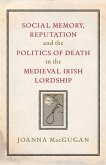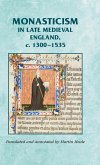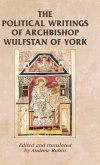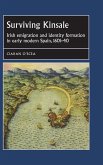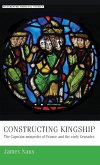Examines the rise and fall of the aristocratic Lacy family in England, Ireland, Wales and Normandy. As one of the first truly transnational studies of individual medieval aristocrats, it provides a fresh look at lordship and the interplay between aristocracy and crown from 1166 to 1241.
Hinweis: Dieser Artikel kann nur an eine deutsche Lieferadresse ausgeliefert werden.
Hinweis: Dieser Artikel kann nur an eine deutsche Lieferadresse ausgeliefert werden.

